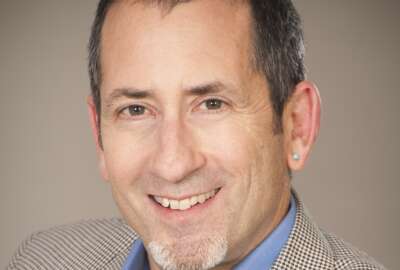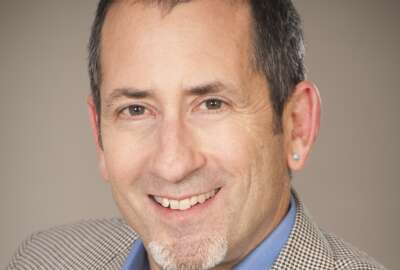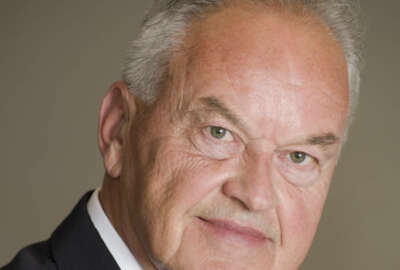
Orlando: Next come the coulda, shoulda questions
Just as after the Boston Marathon bombings, expect questions on what did the FBI, the intelligence community and Homeland Security, know, share and act on.
I don’t envy the FBI’s task in the investigation following the Orlando night club shooting. Especially since we know FBI agents, acting on tips, investigated the perp a few years ago but couldn’t verify his claims to connections with Hezbollah, al Qaeda and the Boston Marathon bombers.
Cause and effect can be difficult to distinguish. More difficult is predicting what someone will do. Claiming sympathy with a group’s ideology and goals, regardless of how perverse, doesn’t make you a member of that group, merely someone using his or her freedom of speech. That ISIS is taking credit for this man’s actions and calling him a soldier in its caliphate doesn’t prove that it planned or had anything to do with carrying it out. The Islamic State, with its media savvy and social media outreach, acts like a beacon to a range of people, from committed ideologues who consciously join or align to do harm, to the psychologically weak who are vulnerable to these siren callings.
The Pulse nightclub shooter seems to fit that latter, so-called lone-wolf category. The FBI can do little about people who blab about this or that, if they don’t actually do or conspire to do something.
The Islamic State sounds opportunistic in claiming the attack as it’s own. It could just as glibly claim credit for a tornado leveling a church. Thus President Barack Obama concluded the incident is an example of homegrown terrorism. “Homegrown” is technically correct. But it belies that the latest shooter and several others in recent months and years have in the Islamic State and other radical Islamic elements a potent north star to which to fix, crystalize and deepen their mania. Even FBI director Jim Comey said the FBI is “highly confident this killer was radicalized, at at least in some part through the internet.”
Related Stories
Given its apparent attractiveness and reach — and of course what we know it does do — reinforces the necessity of neutralizing the Islamic State as an attraction for budding lunatics. Continued military pressure will help end the group’s tangible capabilities. That will help other efforts aimed at lessening the appeal of its ideology.
Just as after the Boston Marathon bombings, expect questions along the lines of, what did the FBI — and elements of the intelligence community and Homeland Security — know, share and act on. Luckily we have a large body of knowledge on this from the joint inspectors general investigation into that very question. You can read the unclassified summary here. It points out that the FBI — under a executive order dating originally to 1981 — does indeed have primary responsibility as the hub of domestic information gathering, and the CIA foreign. The latest shooter was an American citizen, born in New York.
Other entities — DHS itself and the National Counterterrorism Center inside the ODNI — came after 9/11. So a lot of linkages have to work smoothly for the counterterrorism apparatus to get into gear. The IGs found that things worked mostly as they should have before the Boston Marathon. But gaps occurred over details, such as whether assessments of one of the brothers’ travels to Russia were thorough enough.
Basically, the FBI knew much about and suspected the bombing brothers, who in the years prior to the bombing had became U.S. citizens. But the United States Constitution, law and tradition — those of a free people — don’t include preventive detention, and there was never enough to arrest the brothers. Plus the FBI has a lot of other open files at any given moment.
One finding from the Boston report is that the FBI took steps to encourage state and local law enforcement to use a system known as Guardian, an amalgam of classified and unclassified counter terrorism threat information. This was a recommendation of the IGs with which the FBI concurred. What transpired — or didn’t — regarding the killer in the Orlando nightclub case will come out later. But in the meantime, keep in mind that what “shoulda, coulda” is always 20-20 in hindsight.
Copyright © 2025 Federal News Network. All rights reserved. This website is not intended for users located within the European Economic Area.
Tom Temin is host of the Federal Drive and has been providing insight on federal technology and management issues for more than 30 years.
Follow @tteminWFED






